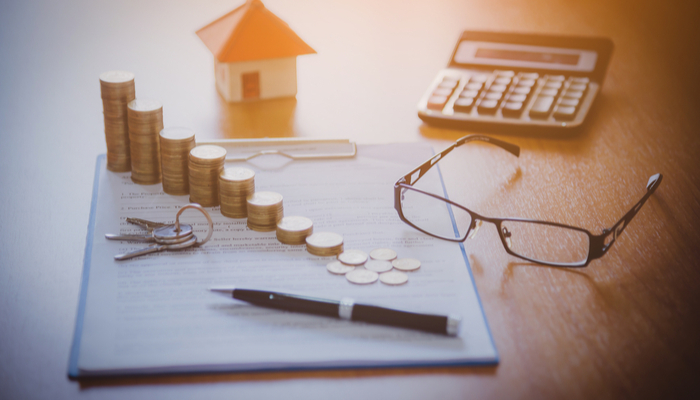

Is Now the Time to Refinance Your Home?
FinanceReal EstateUncategorizedxPickYour Money January 15, 2021 Nick McLane

When is the right time to refinance your home? That can be a tricky question, as the act of refinancing can be time-consuming and you want to make sure you’re getting the best deal. However, the general rule of thumb is that you want to refinance when you can save at least 2% of the interest rate of your current mortgage. Let’s get more into home refinance, what it means, and when you should pull the trigger.
Remember: if you have specific questions about real estate or home values, you might wish to speak to a professional financial advisor. Everyone’s situation is unique, and while general rules are helpful, you’ll want specific advice when you go to make major moves like refinancing your home.
Home Refinance
What is Home Refinance?
Home refinancing refers to a practice that involves taking out a new mortgage loan to pay off an existing loan. Broadly, this falls under the umbrella of a financial practice called debt consolidation. This might sound a bit odd at first. Why would you take out a loan just to pay off another loan? However, this makes more sense when you look at the benefits you could get. For instance, if you can get your interest rate lower on the new loan than your existing loan, it’s a good idea to refinance.
Typically, people are going for the lower interest rate. However, there are other reasons to do this. These reasons could include switching from a fixed-rate mortgage to a variable mortgage, or vice versa. One could also make the switch in order to shorten the length of their mortgage.
Lower Interest Rates
One of the main reasons people will refinance is to get a lower interest rate. As a general rule, if you can reduce your interest rate by at least 2%, you should do so. In a market with historically low interest rates, you should also consider getting a fixed-rate loan, which will lock in a rate for the duration of the loan. This can give you peace of mind that the loan will remain stable even as the interest rates of the market go up.
When one gets a lower interest rate on their mortgage, they have two options. First, they could simply opt to have lower monthly payments. This is great for people who might not have a lot of money left over at the end of the month. Another option would be to pay off the loan faster by keeping the payments the same. This is a great option for people who aren’t having any issue meeting all of their bills every month.
Fixed Rate: The Right Call?
Should you get a fixed rate loan when you refinance, or should you opt for an adjustable rate? This is a complex question that depends on a number of factors, like the length of the loan and the current interest rates in the market. However, as a general rule, if interest rates are low or your loan is for a longer period, you may wish to get the fixed rate. This locks in the interest rate and gives you peace of mind that you’re not having to keep up with the market’s rates.
On the flip side, if you loan is longer, or if interest rates are historically high, you may wish to go with an adjustable loan. Adjustable loans change their interest rates based on the market, generally reflecting what you see on the housing market. These allow you to buy-in with a higher interest rate without worrying about getting stuck with it even while rates in the market fall.










